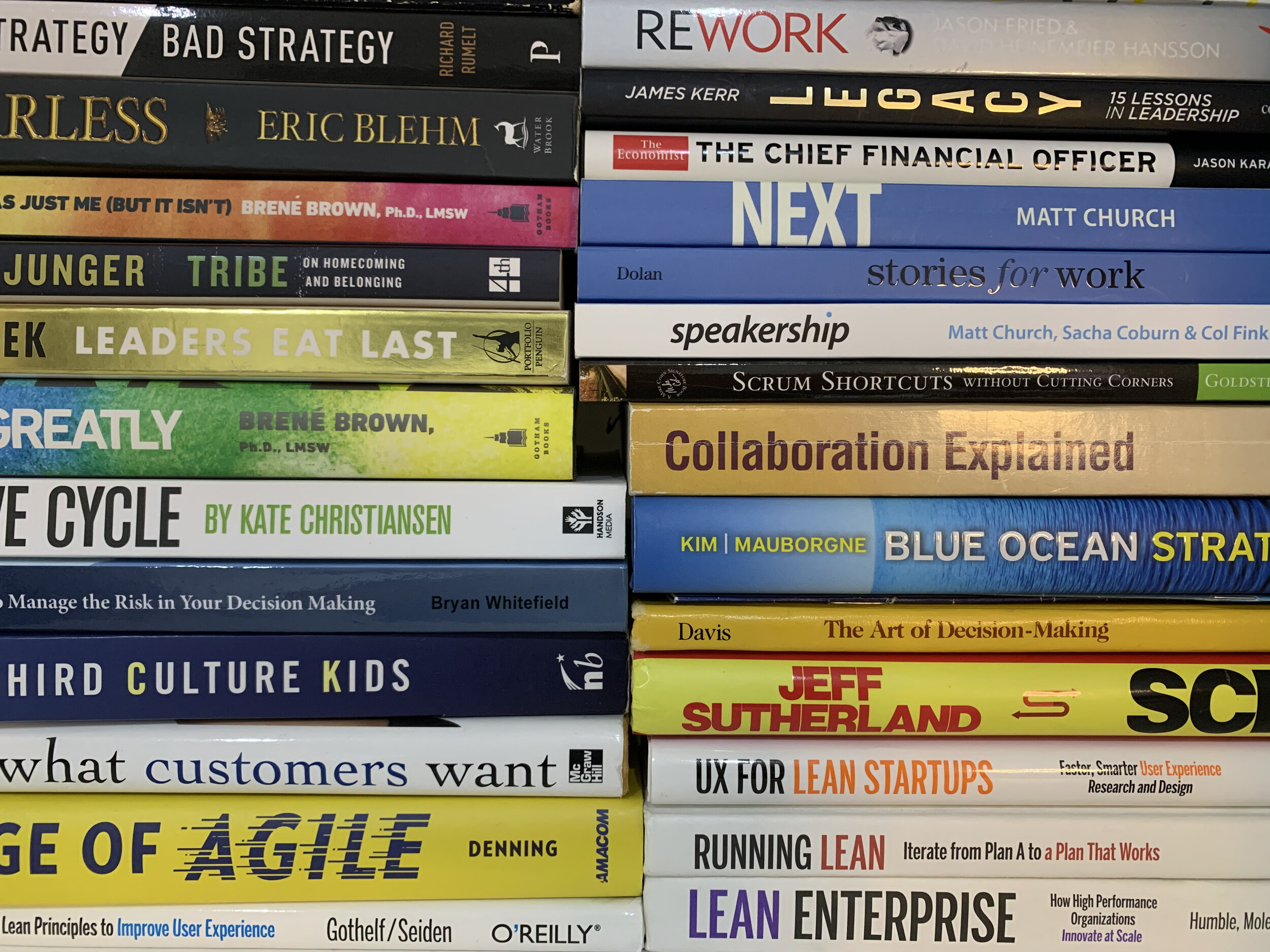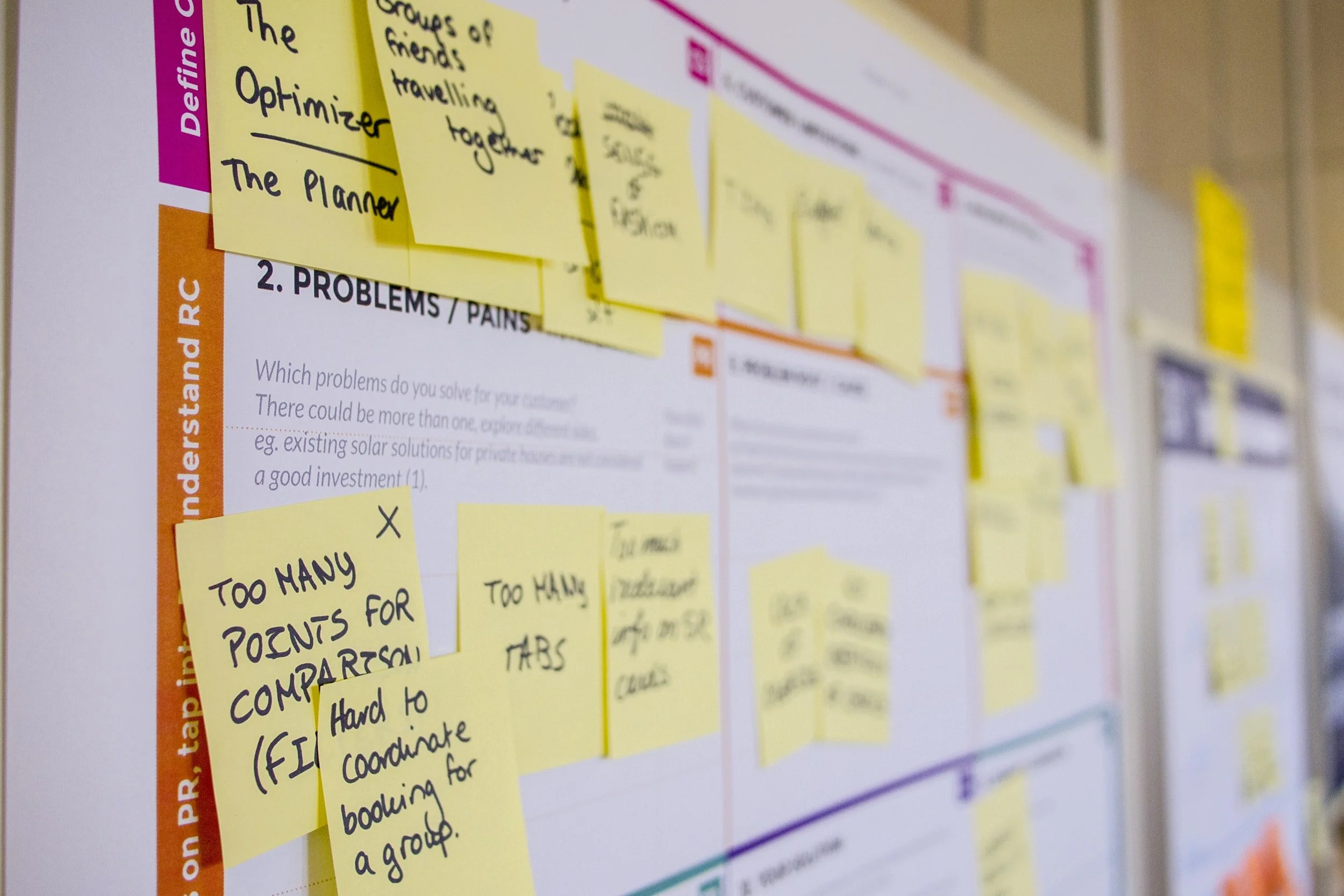So your company wants to innovate like a lean start-up?
Enterprise managers, it's time to leverage startup innovation.
Entrepreneurs are awesome. They have been around forever. We used to call them inventors, explorers and even crazy people! Well, some were most definitely visionary and fearless in the face of stubborn adversity. They weren't necessarily believed all the time so the commoners did call them crazy. Now we call them visionary. Deservedly so because entrepreneurs change the world for the better. Some don’t, but the ones with their great products we remember because they changed the world for better. Thomas Edison, Marie Curie and now in the 21st century our visionary entrepreneurs exist in organizations or are leading lean start-up ventures.
Eric Ries is a failed and successful entrepreneur of start-up businesses who over the years culminated his lessons learned into a great book; Lean Start-Up. These lessons are not his alone, and well proven by other market leaders; however, Ries has done a fantastic job of simplifying the lessons so they can be easily adopted in organisations who are investing in great business agility. The top 6 books for understanding the Lean Start-Up movement and giving you the insights needed to be an entrepreneurial manager are;
Lean Start-up Books
Today let’s continue to focus on The Lean Start-Up. The environment in which start-ups are spawned in are “extremely uncertain”. That is, they don’t really know their customers yet, they don’t know if their product is desired, and they have absolutely no idea whether the business is going be to worth it!!! Worth it in the sense that it will change world, and therefore maybe someday make a great visionary business model.
Here’s some context to help understand the difference between Lean Start-Up and other product delivery methodologies.
When we think of the situation at hand in terms of inputs, outcomes and performance of getting from a (a problem or idea - inputs) to b (solution – outcome) it’s easier to understand which methodology is best to use when.
Waterfall – problem: no house. Solution: build house.
Agile – problem: no sign on. Solution: which one? will it integrate? Unproven in our platform? Iterate and learn safely with test (specific) driven development and emperical delivery process such as scrum
Lean Start-Up – problem: don’t know? I just have a vision. solution – don’t know, I could guess but it’s a new idea; lets experiment. Hypothesis driven development, lets learn as much before the angels cut our funding.
Ok, yes – that’s a simplified description. And I bet you’re being pragmatically intelligent and saying well some situations are appropriate at some times and some the other. That’s exactly the point; you as an entrepreneurial manager now have the opportunity to leverage the wisdom of ages and the agility of youth to drive innovation in your business.
This is business agility; being visionary, creating a platform to leverage for speedy delivery and supporting accelerated growth with engaging cultures that are ALL focused on engaging customers.
So what’s the top half a dozen to leverage from Lean Start-Up?
The goal is to create an engine of growth: “maximize learning & minimise the time to feedback loop so as to generate return before the money runs out “
Identify if you have a problem worth solving?
Minimal Viable Product - “The least amount of work you can do to learn the most of something (so as to eliminate uncertainty)"
Pivot - “Pivot is a structured course correction designed to test a new fundamental hypothesis about the product, business model, and engine of growth”
Product / Launch Stage – Get ready to learn from customers
Experiment – Hypothesis Driven Development allows you to learn what’s good and to spend less on what’s not
Is your product finding being pulled by the market to success?
OK, that’s seven and there is a whole lot more however; for now, the key takeaway is that business agility is inherent in your rate of learning and adaptation to better progress.
What’s your cultures rate of learning?

